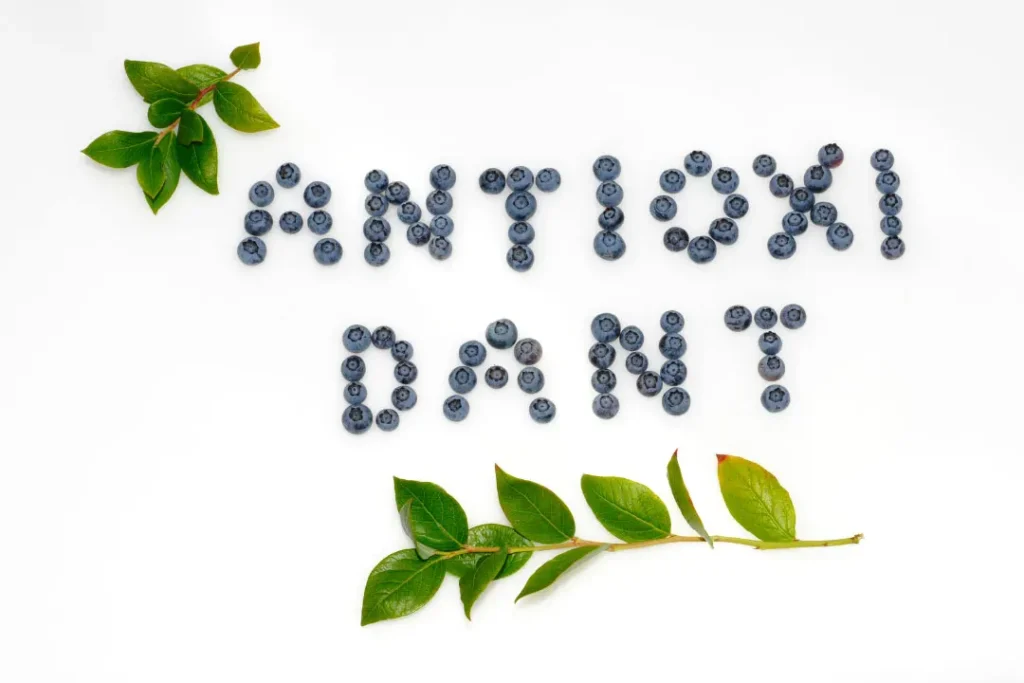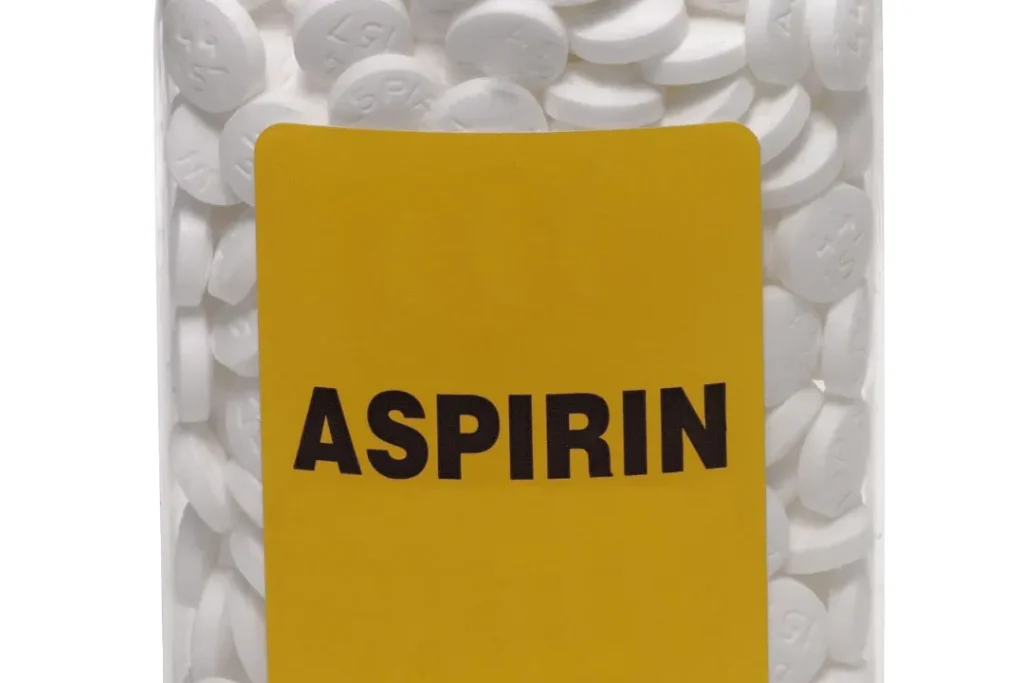Within the canon of herbal medicine, Devil’s Claw (Harpagophytum procumbens) has a long and illustrious history. It is a perennial herb that grows naturally in Namibia and South Africa and other desert parts of southern Africa.
The plant’s unique roots, which are given their name from the thorny fruit it produces and are used for its medical benefits, are gaining popularity as nutritional supplements across the world. The complexity of this interesting plant are explored in-depth in this article, with particular attention paid to its chemistry, potential health advantages, dose, adverse effects, interactions with other drugs, and suggestions for appropriate usage.
You May Also Like:
Cognitive Health Extra Strength Supplement vs Medicine Man Plant Co.’s The Brain Pill
Cypress Spurge: Benefits, Dosage, Side Effects, Drug Interactions, and Other Important Information
Devil’s Claw: Benefits, Dosage, Side Effects, Drug Interactions, and Other Important Information is an original (NootropicsPlanet) article.
The Nature of Devil’s Claw
The special biochemical makeup of Devil’s Claw accounts for its medicinal effectiveness. Iridoid glycosides, particularly harpagoside, harpagide, and procumbide, are the main bioactive components. The plant’s numerous medical benefits are a result of flavonoids, phenolic acids, and phytosterols, among other important constituents. Due to the synergistic effects of these substances, Devil’s Claw possesses strong anti-inflammatory, analgesic, and antioxidant qualities.
Health Benefits of Devil’s Claw
The management of musculoskeletal diseases, including osteoarthritis and lower back pain has benefited greatly from the anti-inflammatory and analgesic qualities of Devil’s Claw. A daily intake of Devil’s Claw dramatically decreased pain intensity and enhanced physical functioning in individuals with hip and knee osteoarthritis, according to a randomized controlled experiment by Chrubasik et al. (2003).
Additionally, its anti-inflammatory benefits extend to the cardiovascular system, where it may lessen cardiac problems brought on by inflammation. It is also generally regarded as a powerful purgative, which can be helpful for digestion, renal function, childbirth, detoxing, and menstruation. However, more study is required to properly confirm these claims.
Chemistry of Devil’s Claw
As was already noted, Devil’s Claw is brimming with an intricate mixture of bioactive substances. Iridoid glycosides, particularly harpagoside, harpagide, and procumbide, are of particular therapeutic relevance among these. Monoterpenes known as iridoids exhibit a variety of bioactivities, such as anti-inflammatory, antibacterial, and antifungal qualities. The principal iridoid glycoside in Devil’s Claw, harpagoside, is thought to be one of the key chemicals responsible for the plant’s analgesic and anti-inflammatory effects. It is frequently employed as the standard marker for potency in extract production.
A combination of flavonoids and phenolic acids can also be found in Devil’s Claw. These ingredients are strong antioxidants that work to prevent oxidative stress in the body by scavenging dangerous free radicals. These flavonoids have a number of cardiovascular preventive properties, including kaempferol and luteolin. They contribute to lowering inflammation, preventing atherosclerosis, and enhancing general heart health.

Physiological Mechanisms of Action of Devil’s Claw
The primary sources of Devil’s Claw’s anti-inflammatory and analgesic actions are its health advantages. One of the main iridoid glycosides present in the plant, harpagoside, is chiefly responsible for these.
According to studies, harpagoside reduces the amount of important inflammatory response-related enzymes such cyclooxygenase-2 (COX-2) and lipoxygenase. This mechanism accounts for Devil’s Claw’s effectiveness in reducing inflammation and relieving pain, which is comparable to how NSAIDs like ibuprofen function.
Harpagoside has an impact on the synthesis of cytokines, which are cell signaling molecules that help cell-to-cell communication during immune responses and encourage the migration of cells to areas of inflammation, infection, and damage in addition to its effects on enzymes. Devil’s Claw may modify these molecules such that they Devil’s Claw can help mitigate inflammatory responses in the body.
Optimal Dosage of Devil’s Claw
Due to factors including age, health status, and the ailment being treated, determining the ideal dosage of Devil’s Claw is difficult. However, a daily dose of a standardized Devil’s Claw extract containing 50 to 100 mg of harpagoside is frequently advised for maintaining general health or relieving pain. A healthcare professional or pharmacist should be consulted before beginning a new dietary supplement program.
Side Effects of Devil’s Claw
When used as directed, Devil’s Claw is usually regarded as safe for most people, while headaches, diarrhea, and upset stomach are possible adverse effects. Additionally, it may alter the pace and rhythm of the heart, perhaps resulting in palpitations. ,, If you have any existing cardiac issues, stomach ulcers, or gallstones, you should take extreme care when considering using devil’s claw.

Potential Substance Interactions of Devil’s Claw
Devil’s Claw could interact with a variety of medications. When used with anticoagulants like warfarin or antiplatelet medicines like aspirin, it may increase the risk of bleeding due to its blood-thinning properties.
Additionally, because of its hypoglycemic impact, it could intensify the effects of antidiabetic medications, necessitating cautious blood glucose monitoring.

Responsible Use of Devil’s Claw
Starting with sourcing, you can utilize devil’s claw responsibly. Select supplements that have received certification from trustworthy third-party organizations to guarantee the supplement is free from impurities and satisfies requirements for potency. Additionally, before beginning or modifying any supplement program, you should always speak with a healthcare professional due to the possibility of drug interactions and negative side effects.
The diverse Devil’s Claw plant is said to provide powerful health advantages due to its distinct biochemical makeup. It shows promise as a safe, all-natural alternative to opioids for reducing inflammation and relieving pain, particularly for osteoarthritis and lower back pain. The best doses must be chosen, any adverse effects must be taken into consideration, and drug interactions must be foreseen.

Devil’s Claw:
Conclusion
Devil’s claw is an immensely charcteristic herb with a long history of traditional use and potential health benefits. Its anti-inflammatory properties and potential analgesic and antioxidant effects make it a popular choice for those seeking natural remedies for conditions such as arthritis, back pain and even for during childbirth. While further research is needed to truly grasp and understand its nature, Devil’s claw holds promise as a complementary treatment option.
Remember, as with any herbal remedy, it is important to consult with a healthcare professional before incorporating Devil’s claw into your wellness routine.
References:
- The Fight against Infection and Pain: Devil’s Claw (Harpagophytum procumbens) a Rich Source of Anti-Inflammatory Activity: 2011–2022. Retrieved from: https://www.ncbi.nlm.nih.gov/pmc/articles/PMC9182060/#:~:text=Historically%2C%20the%20native%20Khoisan%20people,inflammation%20febrifuge%20and%20syphilis%20%5B26%2C
- Devil’s Claw. Retrieved from: https://www.drugs.com/npp/devil-s-claw.html
What to know about Devil’s claw. Retrieved from: https://www.medicalnewstoday.com/articles/devils-claw
Important Note: The information contained in this article is for general informational purposes only, and should not be construed as health or medical advice, nor is it intended to diagnose, prevent, treat, or cure any disease or health condition. Before embarking on any diet, fitness regimen, or program of nutritional supplementation, it is advisable to consult your healthcare professional in order to determine its safety and probable efficacy in terms of your individual state of health.
Regarding Nutritional Supplements Or Other Non-Prescription Health Products: If any nutritional supplements or other non-prescription health products are mentioned in the foregoing article, any claims or statements made about them have not been evaluated by the U.S. Food and Drug Administration, and such nutritional supplements or other health products are not intended to diagnose, treat, cure, or prevent any disease.


